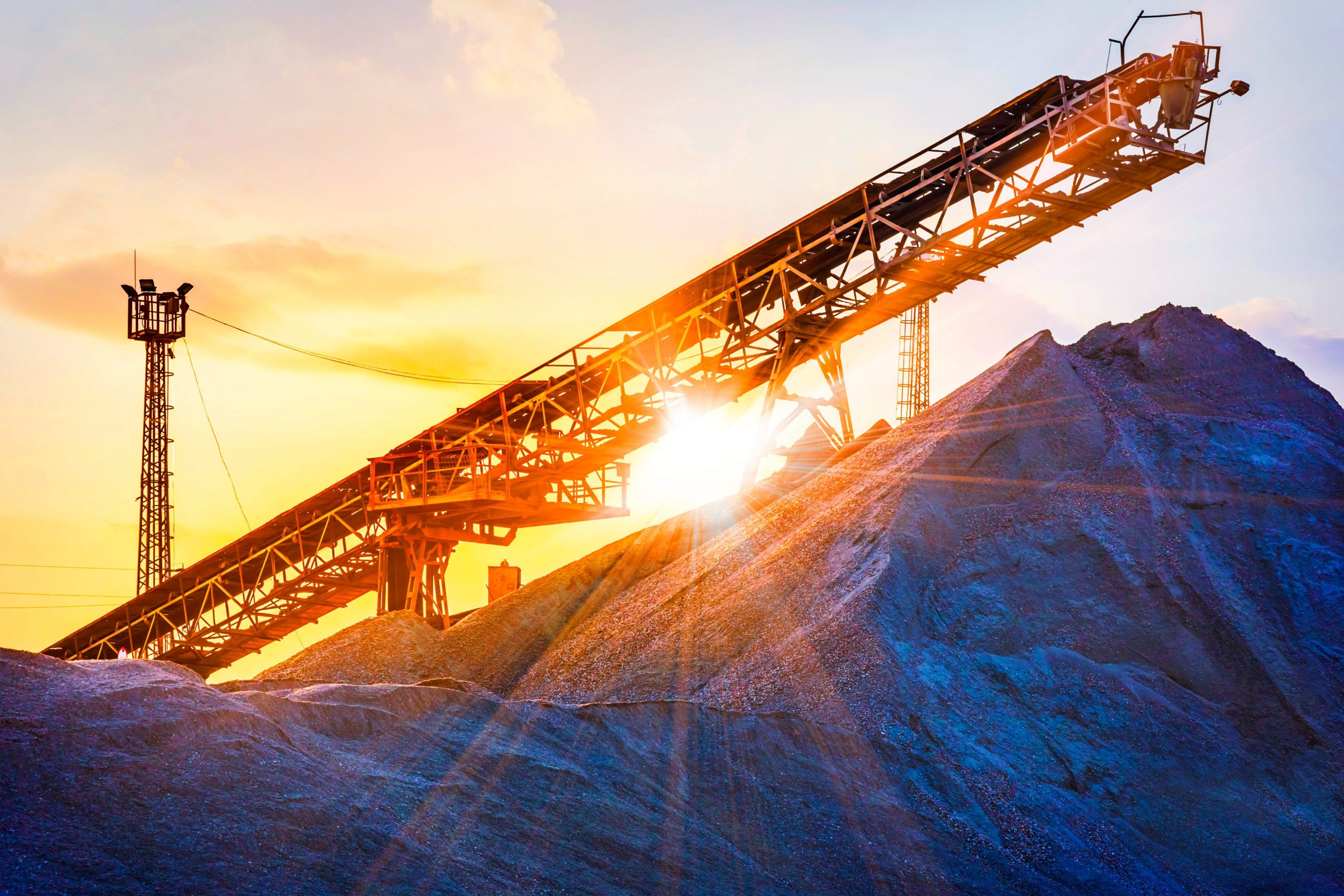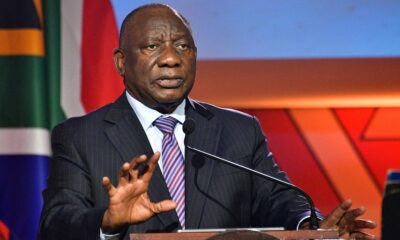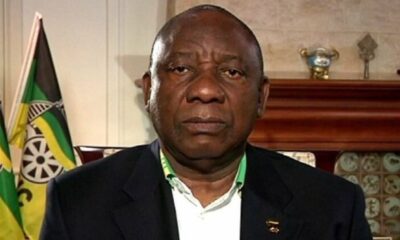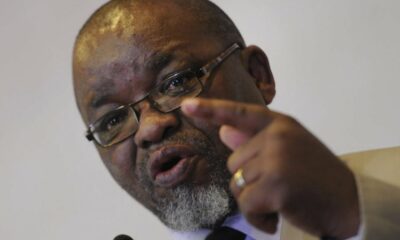News
Mantashe’s Mining Bill Changes Spark Outrage Over Transformation and Accountability

Mining bill changes drop key BEE and oversight rules, critics warn of “elite capture”
South Africa’s mining industry has always stood at the crossroads of wealth and inequality, promise and exploitation. But a fresh storm is brewing and at its centre is Mineral Resources and Petroleum Minister Gwede Mantashe, whose recent changes to the draft Mineral Resources Development Bill have triggered accusations of backpedalling on transformation and accountability.
Civil society groups, environmental watchdogs, and unions are up in arms after Mantashe quietly gazetted what he called “corrections” to the draft legislation. But these changes are anything but minor.
The “Corrections” That Sparked a Firestorm
Among the most controversial revisions was removing the requirement for B-BBEE participation in prospecting rights, effectively opening the gateway to mining for companies without any Black ownership. Also gone is a clause requiring ministerial oversight when control of listed companies with mining rights changes hands.
These may sound technical, but activists say the implications are massive for transformation, the environment, and communities living near mines.
Mining analyst David van Wyk put it bluntly: “This is how mining companies escape accountability. Once a company sells off after prospecting, or gets taken over, no one is left to rehabilitate the land. That’s why we have over 6,000 abandoned mines in this country.”
And he’s not wrong. From Mpumalanga to North West, locals live alongside toxic mine dumps, sinkholes and polluted water, the remnants of corporate deals that never cleaned up after themselves.
Communities Say: “We’re Being Sold Out”
For Christopher Rutledge from Mining Affected Communities in Action, the minister’s decision isn’t just about deregulation, it’s political.
“This is a sell-out of transformation. Prospecting is the front door to mining. If BEE is excluded at this stage, we ensure that mining stays in the hands of the same elite who profited during apartheid,” he said.
Rutledge and others believe the amendments are a response to pressure from the Minerals Council South Africa, a powerful industry lobby. And the result? A bill that prioritises investment returns over justice for communities and workers.
“This opens the door to unchecked mergers and asset stripping, with zero regard for local people or environmental damage,” Rutledge warned. “Let’s be clear, deregulation is not reform.”
The Bigger Picture: Who Owns Our Minerals?
At the heart of the issue lies a deeper debate about ownership of South Africa’s mineral wealth. The Constitution says mineral resources belong to the people, with the state as custodian. But who actually benefits?
Van Wyk argues for a state-led mining model, where public ownership includes not just the minerals in the ground, but also their extraction and revenue channelled into a transparent sovereign fund.
We technically have a sovereign fund and a state mining company. But both are underdeveloped. “There’s no clear public accounting for what the fund has earned. And the state mining firm barely scratches the surface of the sector,” Van Wyk noted.
Cosatu Calls for Answers, Industry Pushes Its Line
Even Cosatu, South Africa’s largest labour federation, raised eyebrows. Spokesperson Mathews Parks said the removal of BEE language demands explanation. “Legislation must align with transformation goals. We’ll be seeking clarity from the minister,” he said.
Meanwhile, the Minerals Council is playing a careful game. Spokesperson Allan Seccombe said the current bill “does not encourage the growth and investment” the industry needs, suggesting more changes may still be on the table before the August 13 deadline for public comment.
South Africans React: “The Rich Get Richer”
On social media, the backlash was swift:
“So basically, the old boys’ club gets a greenlight to keep looting?”
“How can we talk about justice when mining towns are still falling apart?”
“We’re tired of transformation being a slogan, not a reality.”
A Moment of Reckoning
As Parliament prepares to debate the final version of the bill, the question isn’t just about clauses and corrections. It’s about whose voices matter in South Africa’s most extractive sector. The answer, for many, is becoming uncomfortably clear.
Mantashe may have hoped to avoid a fight, but this latest move has reignited a battle over who owns the land, who benefits from its riches, and who gets left behind.
For now, communities, activists and workers are gearing up to push back, because what’s at stake is more than policy. It’s the soul of a country still fighting to reclaim its wealth from the shadows of its past.
{Source: The Citizen}
Follow Joburg ETC on Facebook, Twitter , TikTok and Instagram
For more News in Johannesburg, visit joburgetc.com



























